Osteopathy for Unsettled babies in Cambridgeshire: Constant crying in New-borns and beyond
“I just don’t know what else to do — she screams all day. I feed her, change her, rock her, hold her close… nothing helps.”
These are the words of a mother sitting across from me in clinic, her baby screaming over our conversation, her eyes brimming with tears. The kind of tired that goes beyond sleep deprivation. The kind that comes from trying everything and still feeling like you’re failing.
I’ve heard versions of this story many times — mothers whispering their deepest fears through exhaustion:
“I think she hates me”
“I can’t do this again.”
“Is she in pain?”
“I must be doing something wrong.”
“I’m supposed to be able to settle her, I’m her mother.”
When a baby cries non-stop throughout the day — not just the usual feeding or tired cues, but the inconsolable, high-pitched screaming — it can feel unbearable. And being out in public, it feels never-ending. The cries cut through your nervous system, creating a visceral response that’s hard to explain unless you’ve felt it. As a mother, I’ve been there myself, even siblings feel it too - my eldest daughter at almost 7 would become tearful, holding onto me, if her baby sister cried with pain. And as an osteopath, I know there can be underlying reasons for this kind of distress. And I will always do my best to help these parents in need of a solution.
Why does your baby’s cry feel so overwhelming?
There’s a biological reason it feels impossible to ignore. A newborn’s cry activates the emotional and threat-processing centres of your brain — particularly in mothers. It triggers a stress response that makes you feel agitated, anxious, or even panicked. This is nature’s way of ensuring you respond quickly to your baby’s needs. But when the crying is constant, and nothing seems to help, that natural response can become emotionally exhausting — and deeply unsettling.
You may begin to question your instincts, capability or feel like you’re losing your sense of self. Some mums tell me they feel like they’re “not cut out for this” or that they can’t imagine having another baby after an experience like this. If that’s you, I want you to know: you are doing amazing. And we are here to help you both.
Could she be in pain?
Sometimes, yes — a newborn may be crying from discomfort they can’t express in any other way. This could be due to:
• Birth-related strain or tension, especially after a long, fast, or assisted delivery
• Digestive discomfort, including wind, reflux, or unsettled tummies
• Feeding challenges, such as difficulty latching, swallowing air, or not winding effectively
• Neck or body tension, which may make certain positions (e.g. lying flat) uncomfortable
As an osteopath, I use very gentle hands-on techniques to assess and support babies who may be holding onto these patterns of tension. These are not manipulations — they’re subtle movements that help soothe the nervous system and release restrictions in the body. Often, parents notice their baby begins to settle more easily, feed more comfortably, or sleep more restfully after a few sessions. Our osteopaths at The Waterside Practice have excellent experience and compassion treating this age group.
The emotional toll: when you feel like you’re not enough
One of the hardest parts of this stage is the emotional narrative that starts to form. When your baby cries while looking straight at you, it’s easy to think: she doesn’t feel safe with me or even she doesn’t like me. But the opposite is true. Babies cry most in the arms of the person they feel safest with — because that’s where they can fully release and communicate their discomfort.
I know that may not make it easier in the moment, but please hear this: you’re not failing. You are her anchor, even in the storm.
When advice doesn’t sit right
Many parents come to me after being told to “try formula” or “go lactose-free” — often as a first suggestion when breastfeeding isn’t going smoothly or the baby is unsettled. But these decisions shouldn’t be rushed, especially if they don’t feel right for you.
You have every right to pause, ask questions, and seek a second opinion. Breastfeeding is complex and personal — and often, the issue isn’t the milk, but the mechanics: how the baby latches, their head and neck mobility, their ability to feed comfortably, gut health. These are all things we can explore gently, without jumping to major changes too soon.
If you’re feeling overwhelmed, please know there is support available. You’re not imagining this. You’re not too sensitive. And you’re not alone. You aren’t expected to be everything and settle baby in seconds. I see babies like yours — and mothers like you — every week. And there is always a way forward, together.
With warmth and understanding,
Bernitta Willoughby M.Ost DO PGD WHO
Osteopath | Mum | Advocate for overwhelmed parents and unsettled babies



